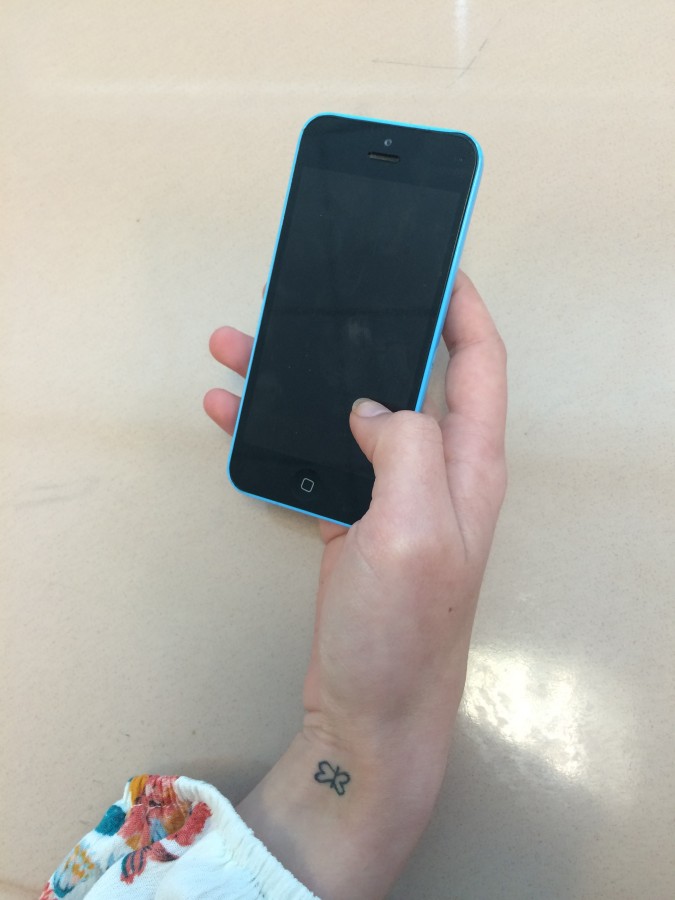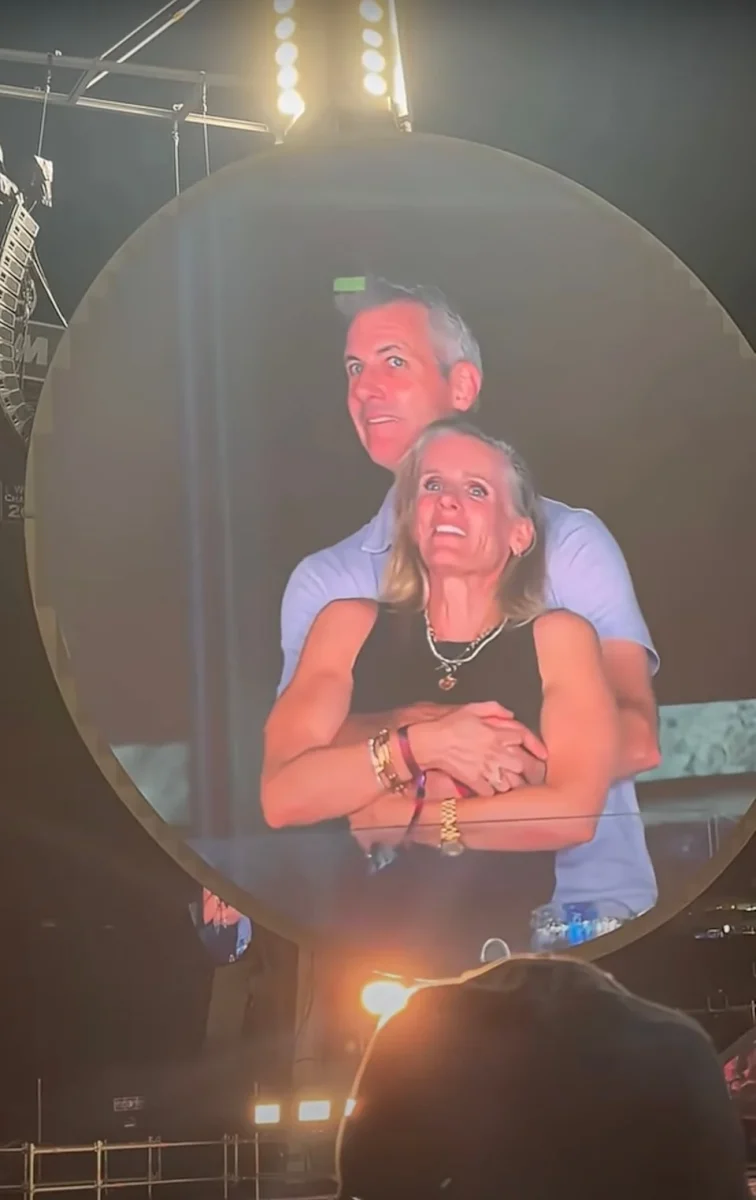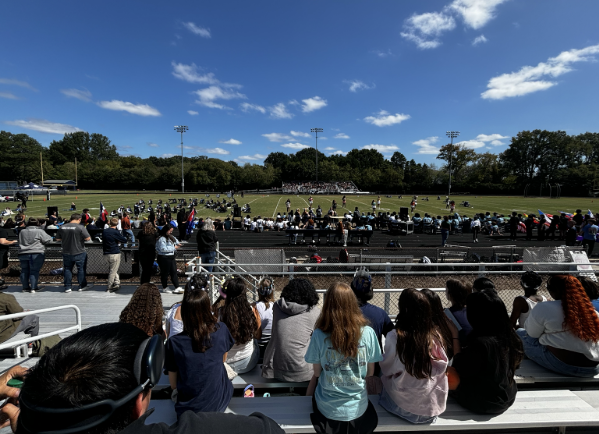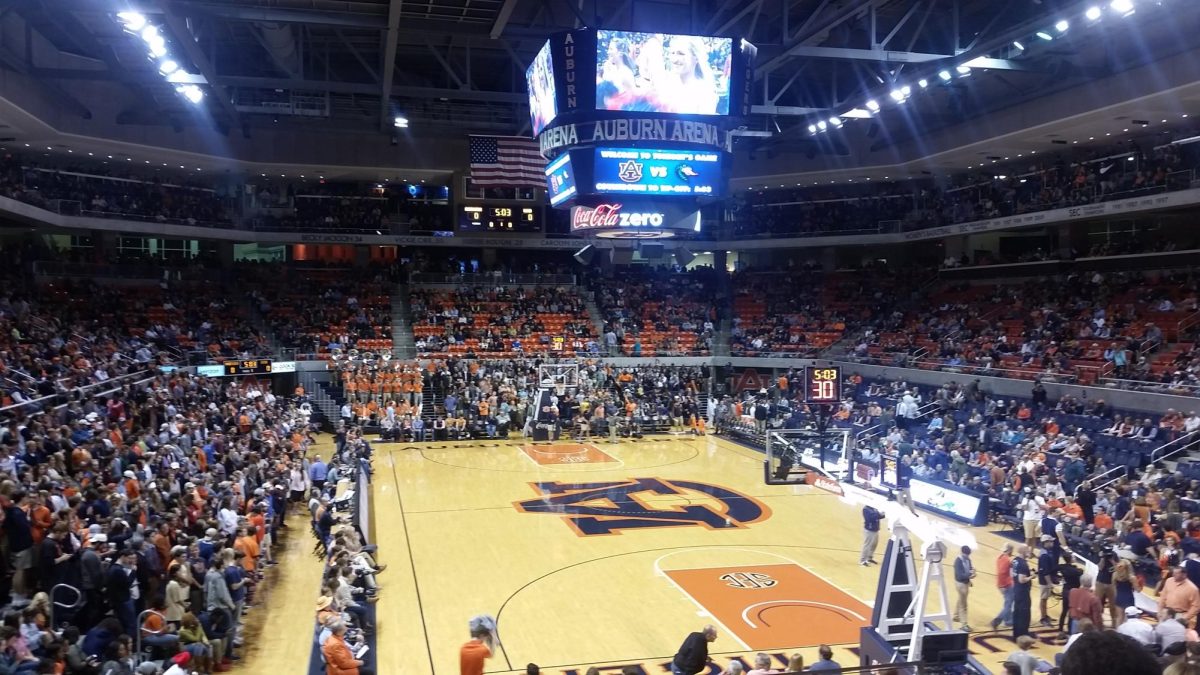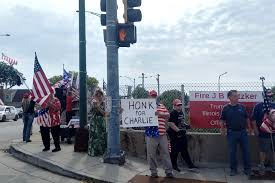Unlocking a big can of worms
The ongoing debate between Apple and the FBI involving a blue iPhone 5C linked to the San Bernardino attack persists. According to Apple, if a backdoor malware were to be created to help the investigation, the public could be in danger.
March 16, 2016
It all began in the metropolitan city of San Bernardino, California, on December 2, 2015. After a tragic attack, resulting in 14 deaths, intense investigations immediately went underway. To this day, a federal investigation involving the FBI still persists. From this, the infamous Apple v. FBI argument arose.
The only thing holding back the FBI from finding further information is a simple passcode. The encrypted iPhone 5C belonged to Syed Rizwam Farook who is one of the two perpetrators- Tashfeen Malin being the other- involved in the attack. Farook’s phone is encrypted with malware that erases the phone’s information completely if an entered password is incorrect a certain amount of times.
Apple’s CEO Tim Cook announced on February 17 that Apple would not unlock the iPhone to help the FBI. By doing so, Apple would compromise the security of every one of their customers, not only in the U.S., but around the world. It is a matter of personal and private business whether or not to unlock the phone and the FBI cannot be allowed to force Apple to risk the privacy of millions of loyal customers. Although this decision is making controversy, Apple is correct in making this decision for the safety of their customers.
The fourth amendment provides security, safety, and freedom from danger for every American. The government should not be allowed to force privately owned companies to defy their own security measures. Although it would benefit the case, this backdoor would devastate the years of security built by Apple. In an online post on Apple’s website, Cook wrote, “The same engineers who built strong encryption into the iPhone to protect our users would, ironically, be ordered to weaken those protections and make our users less safe.”
Also, the idea of true privacy comes to question regarding the iPhone. Everyday, The National Security Agency, or NSA, has access to loads of information regarding the public at their fingertips. According to the NSA, there is a software that they use- which has a 100% success rate for installation- called DROPOUT JEEP that is able to unlock and encrypted iPhone within minutes. The U.S.A. Patriot Act was passed after the September 11 attacks as a way to reduce and eliminate any terrorist attacks against the United States. Since its passing, Americans have lost a part of their privacy due to the prevention of possible attacks. There is an exchange of privacy for protection in the United States today, but it is when the government has access to an individual’s location via GPS, their IP address, and phone records that an issue arises. Yes, there have been low counts of acts of terrorism, but a line has to be drawn in order for real security to remain constant.
Spurred from the ongoing Apple v. FBI debate, Senator Mark Warner from Virginia and Representative Mike McCaul from Texas have proposed an idea for a committee called the National Commission on Security and Technology Challenges. The purpose of the committee would be to have the government gain backdoors for technology issues similar to the Apple vs. FBI conflict. Other ideas discussed by Congress included mandatory Cloud updates that can be accessed at any time by FBI and law enforcement officials. Again, if this were to happen, there is always an easy way for a hacker to gain access to this information. It only takes seconds for personal information to be compromised.
There are ways to gain information without violating the privacy of the public, which is explicitly stated in the fourth amendment. If personal information is compromised, the government should remember that there are ways for problems to be solved without disturbing the online safety of the public.


